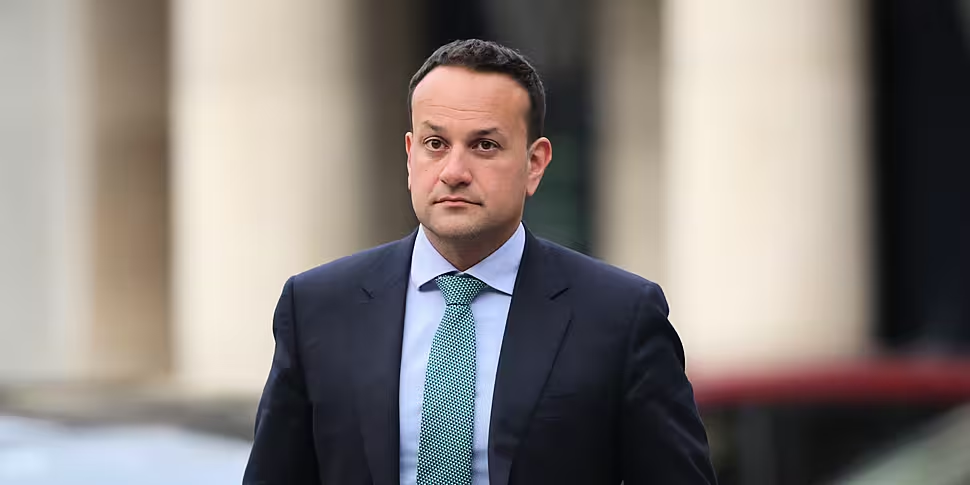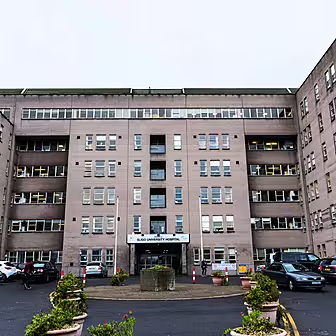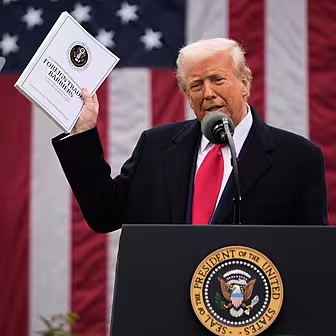The Government did not take any public health advice on the decision to increase wedding sizes to 100 guests, the Tánaiste has told The Hard Shoulder.
Cabinet this afternoon approved the expansion from 50 to 100 guests while also greenlighting the return of baptism ceremonies.
That came after Leo Varadkar warned couples not to expect any change to the current limit of 50 guests this summer.
However, the three coalition party leaders last night agreed on the increase.
On The Hard Shoulder this evening, he said they never asked the National Public Health Emergency Team for advice on the matter before taking the decision.
“We didn’t get any specific advice from NPHET on this so this is very much a decision of Government,” he said.
Asked whether it would have been prudent to seek public health advice, he noted that NPHET had not supported the previous increase from 25 to 50 guests.
“The advice, as you know, previously was not to go from 25 to 50 but we took a decision that we would go to 50 and we have taken a decision now as a government - one that I strongly support - that we should allow 100 to attend weddings – well certainly the reception.”
Wedding precautions
He encouraged couples to ensure that all other public health precautions are enforced on their big day.
“It is not a case of saying to people that everything is OK,” he said.
“We are still in a pandemic and we would be very much saying to wedding planners and couples that you want this to be a happy day that you remember. You don’t want to this to be a day that is remembered as a COVID outbreak.
“There have been wedding clusters all over the world and we would be very much saying to people, particularly if there are unvaccinated people present - and there will be because a lot of people are still not fully vaccinated - to apply all the precaution you can around hygiene, social distancing and all of those things.
Child vaccines
Minister Varadkar also defended the decision to open up vaccination to children aged 12 to 15-years-old while many poorer countries have little or no vaccine supply.
Asked whether it was the morally correct decision he said: “That is a very good question and I think we should point out that we are doing a lot to help the developing world ramp up their vaccine programmes.”
He said Ireland is “very much involved” in the COVAX scheme which aims to achieve a fairer distribution of vaccines around the world.
Currently just 1.1% of people in the countries benefiting from the scheme have received at least one dose – compared to 26.9% globally and more than 84% in Ireland.
Minister Varadkar said it is very much in Ireland’s interest to “ensure that everyone in the world is offered a vaccine.”
“But we do also have a responsibility as well to protect our own people,” he said.
“Even if you look at the economic aspect of it, our capacity to help other people is dependent on our economy being able to function so we can afford to do so.”
Parental consent
He said he understands the fears of parents about vaccinating their children and said the rollout “is all going to be about parental choice and parental consent.”
“For teenagers, this tends to be a milder, asymptomatic illness,” he said. “Hospitalisation rates are very low and deaths are extremely rare.
“So, it is a different picture than with older people or even middle-aged people.
“But do bear in mind that children can get sick from COVID – a lot of them are at the moment. There is the risk of long COVID and we don’t know what the long-term effects of that might be so you have to counterbalance that with long-term potential side effects.
“Then there is the whole issue of teenagers who do test positive for COVID having to isolate, losing time from education and potentially schools being disrupted as well – so it is a different picture.”
You can listen back here:









